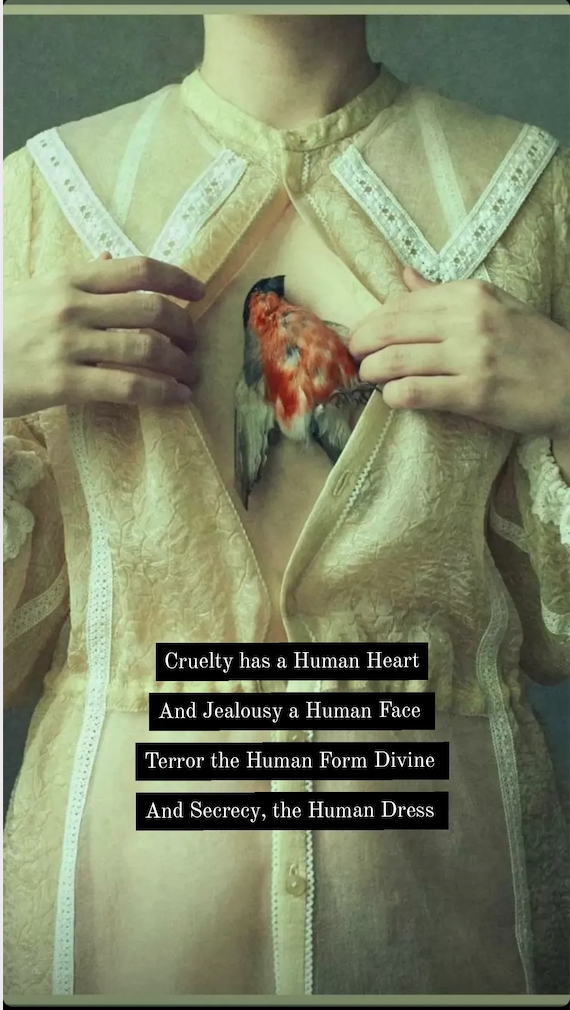This was a very interesting and enjoyable read. The story delves into the psychological torture that the innocent and timid Agostino must endure as he accompanies his mother on her boat rides. Growing up in a sheltered and conservative household, I saw myself empathizing with him. I felt as if I was right there with him because the story is so vivid–I felt as if I was on that beach with him and his mother. The descriptions of the seaside town were also very majestic and I really felt as if I was both reading a story and looking at portraits.
Agostino is at a critical phase in his life because he is crossing the threshold of childhood into adulthood, with all its agonies and conflicts. I would not say that his feelings towards his mother stem from an Oedipal complex, but perhaps a natural jealousy and overprotectiveness that men naturally feel towards their womenfolks and this is very common in many cultures across the world. He is clearly very attached to his mother and many conflicts manifest as a result in a way that may seem complex and perhaps oedipal by Freudian standards, but I believe this has more to do with the fact that he had a sheltered upper-class upbringing and does not seem to have much agency because he is infantalized and neglected by his mother.
When the privileged teen meets the group of rough boys and engages in their uncivilized adventures, I immediately recalled when my teenage brothers who were also sheltered and privileged experienced something similar and thus felt this encounter to be so familiar in many coming-of-age real life stories. There were many parts in the story that were very comedic and dramatic and it was easy for me to put myself in Agostino’s shoes and remember the agonies and wonders that I myself experienced when I was coming of age.
If I were to meet someone in Agostino’s shoes, I would tell them that this phase is only temporary and that many wonderful things await them on the other side. I would advise them not to rush to unravel the mysteries of the world around them and enjoy their remaining days of innocence. I would advise them to choose their friends carefully and not succumb to peer pressure. I would also advise them not to rebel against their parents even if they disagree with them and that parents are not perfect, and have the same needs and desires as the rest of us.

Thanks for this, but it’s a little short (less than 250 words) and misses out much of the second half of the book… I wonder for instance what you thought of Agostino’s encounters with the local boys? And how do the boat rides with his mother compare, say, with the one he takes with Saro?
(Also please do add the tag or category “Moravia.” Thanks!)
Hi Noor, I find it very interesting that you bring up the Freudian and psychological interpretation of Agostino as a character. He is definitely learning new things about himself and his body as he is going through puberty. In a way the group of boys act as Agostino’s father figure, as it is through them that he learns about masculinity and sexuality, which I think you allude to in your post.
Thank you for the interesting analysis!
Hello Noor, I totally agreed with what you said, and also I think the author may use exaggerated means to highlight some of the problems of adolescence and the world is seen through the eyes of children.